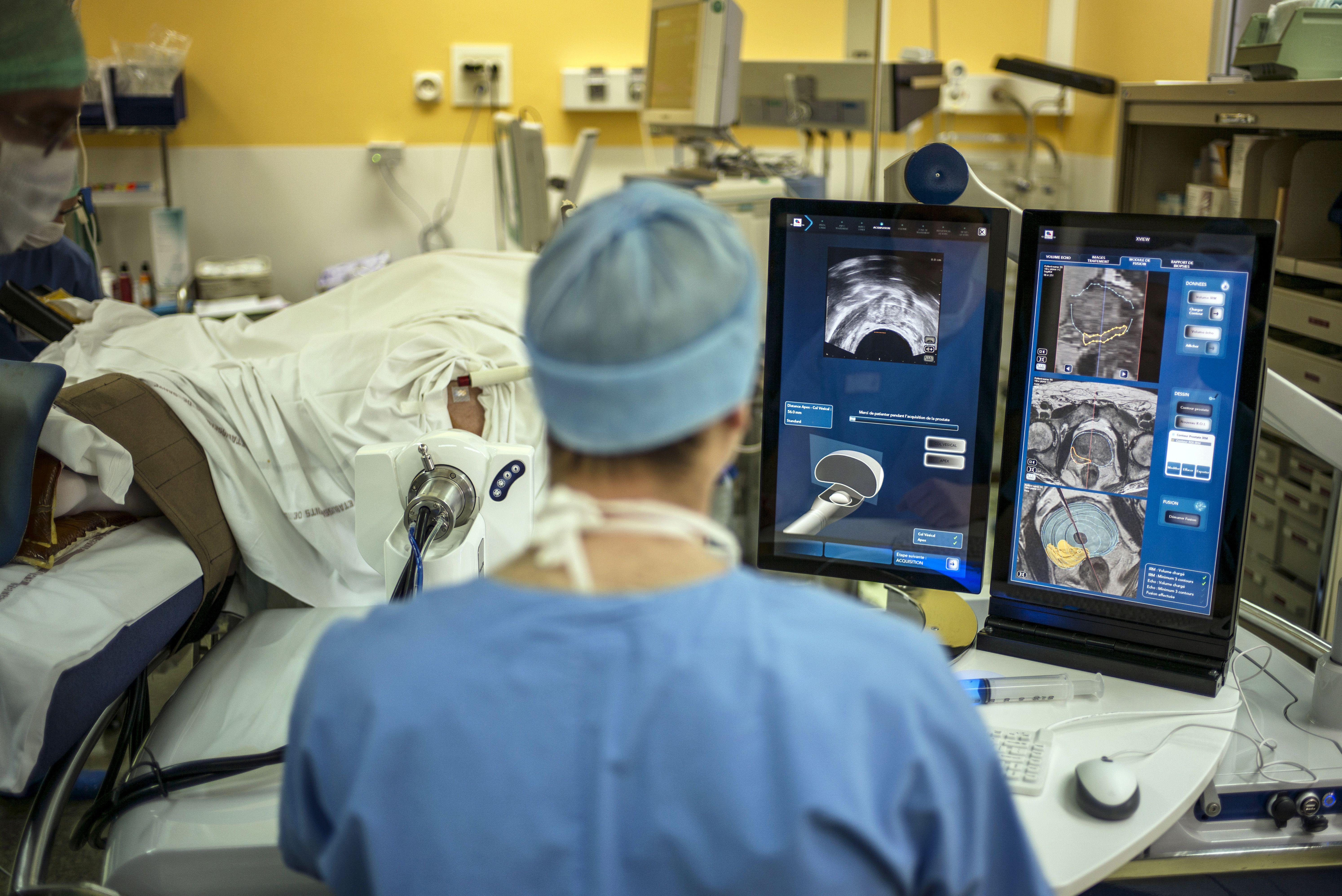Eating organic food lowers cancer risk by 25%, study reveals

Photo: Jatuphon Buraphon via Pixnio
- A French study of nearly 70,000 people states that organic foods reduce the risk that you’ll develop non-Hodgkin’s lymphoma and postmenopausal breast cancer.
- Agricultural pesticides have been shown to have a toxic effect on the human endocrine system.
- The high cost of organic food remains a barrier to entry for those wishing to eat a healthier diet.
In 1998, while working as a reporter at a Princeton newspaper, I wrote a story on organic foods, at the time a $3.5 billion business. The feature was inspired by Rutgers University research, the Firman Bear Report, and the effect of soil quality on nutrient levels. A few of the results:
In the report, tomatoes grown organically contained 1938 mg of iron for every 100 grams dry weight, compared to 1 mg for the same weight found in non-organic farm tomatoes. In that same tomato, there were 148.3 mg of potassium in the organic product and 58.6 mg in the farm product. Organic spinach yielded 1584 mg of iron compared to 19 mg in non-organic spinach, and 71 mg calcium against 16 mg.
In the 20 years since that article was published, organic food has skyrocketed. The Organic Trade Association now pegs the value of organic products at $45.2 billion. The problems with industrial agriculture are now well-documented. Strangely, however, few large-scale studies on organic food’s relationship to human health have been conducted (at least in terms of cancer), making a new report by JAMA even more eye-opening.
The French study followed 70,000 predominantly-female adults over the course of five years. After that time, adults who ate organic food were 25% less likely to have developed certain forms of cancer than “conventional” eaters. More specifically, study participants who ate organic foods were 73% less likely to develop non-Hodgkin’s lymphoma and 21% less likely to develop postmenopausal breast cancer. As The New York Timesreports,
Those who ate the most organic fruits, vegetables, dairy products, meat and other foods had a particularly steep drop in the incidence of lymphomas, and a significant reduction in postmenopausal breast cancers.
The study authors, led by French National Institute of Health and Medical Research researcher, Julia Baudry, were not surprised by the fact that organic foods reduce cancer risks, but were shocked by the actual reduction. She also notes that her study doesn’t prove that organic foods reduce the risk of cancer, but “that an organic-based diet could contribute to reducing cancer risk.”
And it shouldn’t be surprising. The combination of pesticides and mono-cropping has depleted the nutrient value of fruits and vegetables, affecting both soil and plant. We’re told that a plant-based diet is the healthiest, yet if those plants are stripped of nutrient value and contain residue from toxic chemicals there is certainly going to be negative effects. One of those happens to be cancer.
The authors cite a 2018 European Food Safety Authority report, which states that 44 percent of conventionally grown foods contained one or more pesticide residues, while only 6.5 percent of organic foods measured any such residue. That number should be zero; there has been criticism about what constitutes “organic.” While many toxicologists claim residue levels in foods are not dangerous, the cumulative effects of not-dangerous can equal dangerous over time.
It should also be noted that this French study found decreased risk of developing non-Hodgkin’s lymphoma, which occurs when your body overproduces abnormal lymphocytes, and postmenopausal breast cancer. There was no noticeable decrease in other types of cancer.
Two common agricultural pesticides, malathion and diazinon, are listed as potential carcinogens. These two, along with the herbicide glyphosate, are all linked to non-Hodgkin’s lymphoma. This could be the reason people who eat organic foods are less likely to develop that cancer. And as The NY Times notes, a number of pesticides are “endocrine disruptors that mimic estrogen function”—hence, the reduction in breast cancer.
As with most everything in life, the reason one develops cancer is often multivariant. Pesticides or low nutrient profile or asbestos in your building or toxins in the air or chemicals in your drinking water or job stress alone will likely not cause cancer. Add them together and a dangerous cocktail has been produced. The more ingredients you can subtract from said cocktail, the better your chances of not developing diseases become.
The study authors note that while most people would prefer organic food, the expense is a barrier to entry. Those involved in the study were likely better off financially, which could lead to other healthier behaviors unavailable to those who cannot afford organic produce. Money changes many variables.
Yet we have to consider how we’ve gotten here in the first place. The study reminds me of Bucks County farmer Scott Kutzner, who I talked to back in 1998. He began farming organically after discovering the low nutrient profile of his tomatoes. He said organic vegetables should be less expensive given that farmers are not treating them with additional chemicals, but that’s not how it’s played out. He concluded,
Many farmers are still using chemicals for their plant’s problems, and this is not necessary. The plant will tell you if it has a problem, you just have to look at it.
—
Stay in touch with Derek on Twitter and Facebook.






